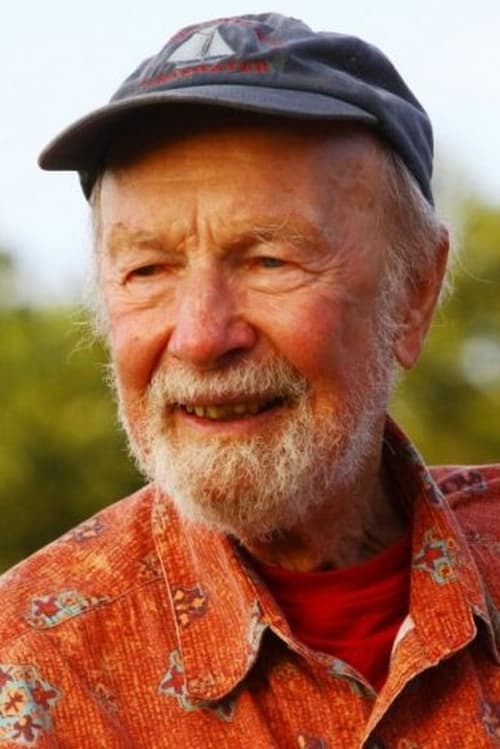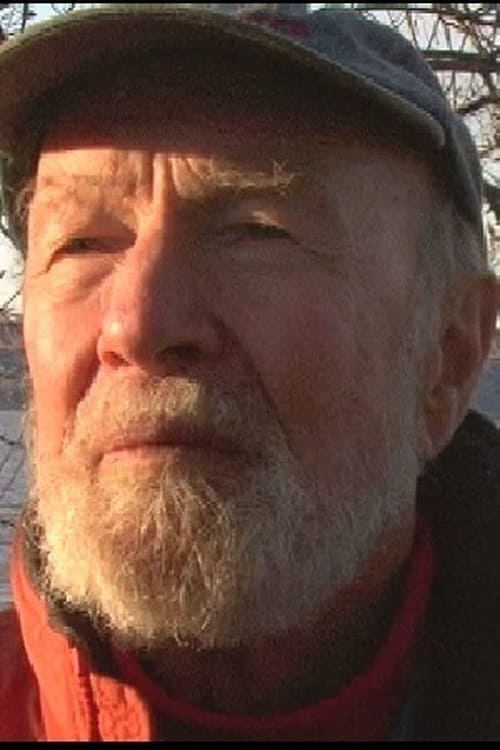Pete Seeger
Nascimento : 1919-05-03, New York City, New York, USA
Morte : 2014-01-27
História
Peter Seeger (May 3, 1919 – January 27, 2014) was an American folk singer and social activist. A fixture on nationwide radio in the 1940s, Seeger also had a string of hit records during the early 1950s as a member of the Weavers, notably their recording of Lead Belly's "Goodnight, Irene", which topped the charts for 13 weeks in 1950. Members of the Weavers were blacklisted during the McCarthy Era. In the 1960s, Seeger re-emerged on the public scene as a prominent singer of protest music in support of international disarmament, civil rights, counterculture, workers' rights, and environmental causes.
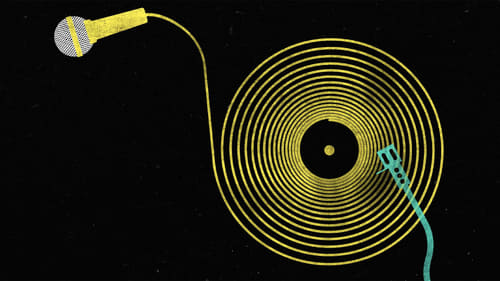
Self (archive footage)
The 37th Annual Rock & Roll Hall of Fame Induction Ceremony take place on Saturday, November 5, 2022 at Microsoft Theater in Los Angeles, California. This year’s Performer Inductees are Pat Benatar, Duran Duran, Eminem, Eurythmics, Dolly Parton, Lionel Richie, and Carly Simon. Judas Priest and Jimmy Jam & Terry Lewis will receive the Musical Excellence Award, Harry Belafonte and Elizabeth Cotten the Early Influence Award, and Allen Grubman, Jimmy Iovine, and Sylvia Robinson the Ahmet Ertegun Award.
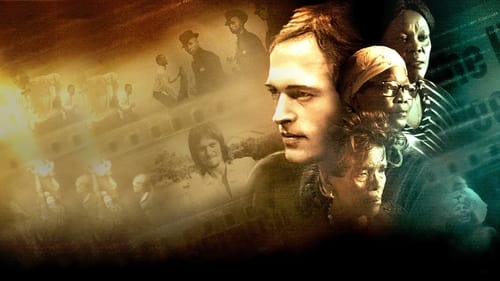
Himself (archive footage)
ReMastered O Rei Leao e o Musico Esquecido

Self
In 1970, three years following his death from Huntington’s disease, an all-star cast of musicians gathered at Los Angeles, CA’s Hollywood Bowl to pay homage to iconic folk songwriter Woody Guthrie. Although the concert was a one-night-only event , four-time Emmy Award-winner Jim Brown filmed the historic Woody Guthrie All-Star Tribute Concert 1970, which included performances by Arlo Guthrie, Joan Baez, Pete Seeger, Country Joe McDonald, Odetta, Richie Havens, Ramblin’ Jack Elliot, Earl Robinson, and The Band, along with narration by actors Will Geer and Peter Fonda.

55 years ago Pete Seeger didn't name names at the McCarthy hearings and was sentenced to 10 years in prison. Out on appeal, blacklisted, watched by the FBI, he buys an old camera. With his wife Toshi, they start filming their musician friends. After several years of making small films, they decide to take the family around-the-world to film musicians in the most remote corners of the earth. The historic 16mm footage is intercut with modern day interviews of the family as they lend insight into a time & place that doesn't exist today. Part travelogue, part musical odyssey, part ethnocentric dream, "Pete and Toshi Get a Camera" will take you places you would never have imagined.

Self (archive footage)
The story of the American music dynasty, the Carters and Cashes, and their decades-long influence on popular music.
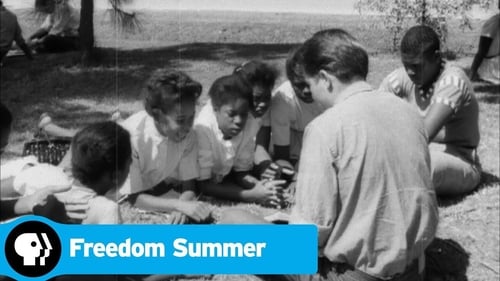
Self
In the summer of 1964, more than 700 students descended on violent, segregated Mississippi. Defying authorities, they registered voters, created freedom schools, and established the Mississippi Freedom Democratic Party. Fifty years later, eyewitness accounts and never-before-seen archival material tell their story. Not all of them would make it through.

Big Bill Broonzy would inspire a generation of musicians, yet he was not the man they believed him to be. This first, very intimate, biography of the pioneering bluesman uncovers the mystery of who Broonzy really was and follows his remarkable and colorful journey from the racist Deep South to the clubs of Chicago and all across the world. With contributions from Pete Seeger, Ray Davies, Keith Richards, Martin Carthy, John Renbourn, and members of the Broonzy family. Broonzy's own words are read by Clarke Peters.

Self
The Banjo Project is a cross-media cultural odyssey: a major television documentary, a live stage/multi-media performance, and a website that chronicle the journey of America’s quintessential instrument—the banjo—from its African roots to the 21st century. It’s a collaboration between Emmy-winning writer-producer Marc Fields and banjo virtuoso Tony Trischka (the Project’s Music Director), one of the most acclaimed acoustic musicians of his generation.
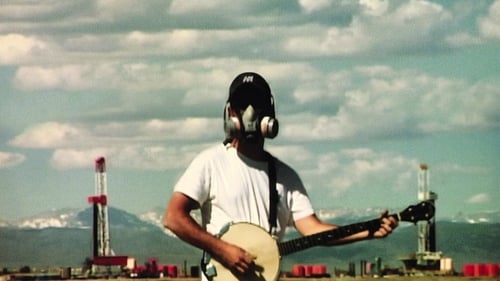
Self (archive footage)
Denúncia à exploração no interior dos Estados Unidos pelas companhias elétricas em busca de gás natural.
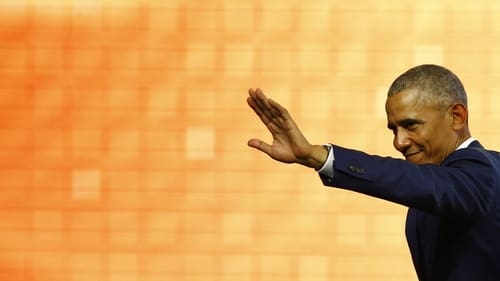
Self
A public celebration of the inauguration of Barack Obama as the 44th President of the United States of America at the Lincoln Memorial and the National Mall in Washington DC, on January 18, 2009.

This fascinating program tells the story of the music and artists that have influenced Bob Dylan throughout his career. Although his reputation as a songwriter stands supreme, Dylan has often covered tracks from vintage blues, folk and country performers or incorporated elements from them into his own material. "Down The Tracks" explores the lives and work of many of these artists and how Dylan interacted with them through archive performance and interview footage alongside new interviews and documentary material.

Self
Interviews, archival footage and home movies are used to illustrate a social history of folk artists Pete Seeger.

Documentary about Charles Olson, exploring his life and the significance of Gloucester, Massachusetts.

Self
Every American who has listened to the radio knows Guthrie's "This Land Is Your Land." The music of the folk singer/songwriter has been recorded by everyone from the Mormon Tabernacle Choir to U2. Originally blowing out of the Dust Bowl in Depression-era America, he blended vernacular, rural music and populism to give voice to millions of downtrodden citizens. Guthrie's music was politically leftist, uniquely patriotic and always inspirational.
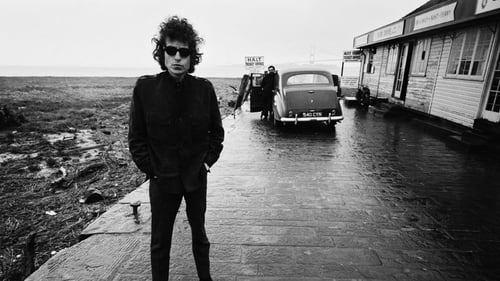
Self
Ele é um dos mais influentes, inspiradores e revolucionários músicos de nosso tempo. O diretor Martin Scorsese nos apresenta a extraordinária trajetória de Bob Dylan, desde suas raízes no Minnesota, suas primeiras aparições nas cafeterias do Greenwich Village, até sua tumultuada ascensão ao estrelato em 1966. Joan Baez, Allen Ginsberg, Pete Seeger, entre outros, compartilham suas idéias e sentimentos sobre o jovem cantor que transformaria a música folk tradicional dos Estados Unidos, para sempre. Com cenas inéditas, entrevistas exclusivas e apresentações raras, este é um retrato definitivo que os fãs do mundo inteiro esperavam há décadas: a história jamais contada de uma lenda viva.

Himself
In September of 2004 at the Toronto Film Festival, the Weavers sang together for possibly the last time.

Himself

Self
The history of the irreverent "The Smothers Brothers Comedy Hour" and the content battles it fought with its television network.

In 1937, after seeing a photo depicting the lynching of a black man in the south, Bronx-born high school teacher Abel Meeropol wrote a poem entitled "Strange Fruit" that begins with the words: "Southern trees bear a strange fruit / Blood on the leaves and blood at the root." He set the poem to music and a few years later convinced Billy holiday to record it in a legendary heartbreaking performance. Intertwining jazz genealogy, biography, performance footage, and the history of lynching, director Joel Katz fashions a fascinating discovery of the lost story behind a true American classic. Written by Excerpted from Coolidge Corner Theatre Program Update

Himself
A Sigh and a Wish tells the story of pioneer folklorist Helen Creighton and of the enduring appeal of her remarkable collections of song and story. Creighton helped define Maritime culture as we know it. Thanks to her, folk songs moved out of the kitchens and the fishing boats and into the mainstream. Top contemporary Maritime musicians - talents like Mary Jane Lamond and Lennie Gallant - describe how deeply they have been influenced by Creighton. For 60 years, Creighton sought out ghost stories, superstitions and tales of buried treasure, as well as songs handed down from generation to generation: fishing songs, work songs, love songs. Timeless songs. A Sigh and a Wish is a moving tribute to the genius of a self-taught folklorist and to the continuing strength of the deep oral traditions she helped preserve. But it also raises important questions. Does Creighton's collection truly reflect Maritime culture, or is it tinged by her own upper-middle-class assumptions?

Self
With the help of her mother, family, friends, and fellow musicians, Aiyana Elliott reaches for her father, legendary cowboy troubadour, Ramblin' Jack Elliott. She explores who he is and how he got there, working back and forth between archival and contemporary footage. Born in 1932 in Brooklyn, busking through the South and West in the early 50s, a year with Woody Guthrie, six years flatpicking in Europe, a triumphant return to Greenwich Village in the early 60s, mentoring Bob Dylan, then life on the road, from gig to gig, singing and telling stories. A Grammy and the National Medal of Arts await Jack near the end of a long trail. What will Aiyana find for herself?

Self
THE INTERNATIONALE draws on people's stories of an emotionally charged radical song (the long-time anthem of socialism and communism) to celebrate the relationship between music and social change, and to evaluate the uncertain fate of once thriving movements of the left.
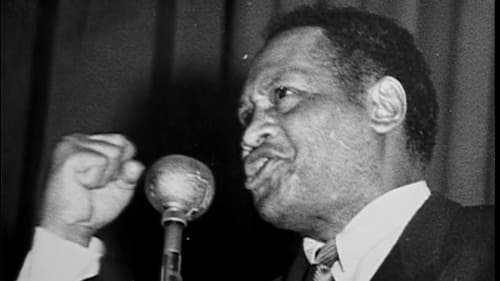
Self
Paul Robeson: Here I Stand presents the life and achievements of an extraordinary man. Athlete, singer, and scholar, Robeson was also a charismatic champion of the rights of the poor working man, the disfranchised and people of color. He led a life in the vanguard of many movements, achieved international acclaim for his music and suffered tremendous personal sacrifice. His story is one of the great dramas of the 20th century, spanning an international canvas of social upheaval and ideological controversy.

Self
When a young couple buys a contested home at auction from the U.S. government for $5,400, they become involved in a political and moral battle much larger than what they originally bargained for.

Biographical notes on the American singer, actor and civil rights activist Paul Robeson (1898-1976). At the height of his fame and skill, Robeson’s career was cut short by Cold War anti-communist hysteria. This documentary includes historic footage of the US civil rights movement; clips of Robeson’s speeches, performances and visits to East Germany (GDR) and the Soviet Union; and interviews with his son, Paul Robeson Jr., and the musicians and activists Harry Belafonte, Pete Seeger and Earl Robinson. Co-produced by the GDR’s DEFA Studio for Documentary Film and the West Berlin production company Chronos, with scenes shot in the U.S.

Self
The stars come out on Sesame Street in this fun-filled video featuring the show's most memorable moments. Sing-along in this star-studded celebration!

Himself
Documentary about the life of folk singer Phil Ochs.

Self
A warmhearted memorial to the folk singer whose songs galvanized organizers and guitar-pickers across the United States. Part biography, part travelogue and part hootenanny, it follows the singer's son, Arlo Guthrie, as he retraces his father's steps and collects reminiscences from his father's family, friends and musical partners.

Self - Folksinger
A unique documentary that looks at the political activities of the American Communist Party in the early to mid-twentieth century.

himself
Documentary about the blacklisted folk group, "The Weavers," and the events leading up to their triumphant return to Carnegie Hall.
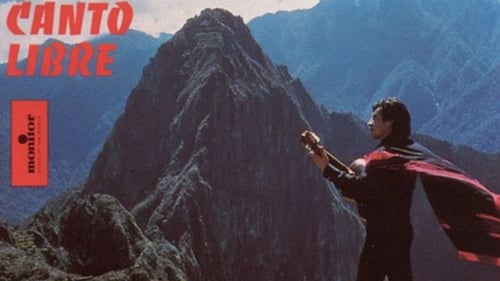
Self
A concert program about the current development of the free Latin American music presented by a wide range of artists, performers and groups from around the countries of the continent.

Full concert recorded live at Wolf Trap, VA for PBS broadcast. Arlo and Pete are joined onstage by the band Shanandoah on many of their well-loved Folk classics, across their long careers.

Self
A tribute concert honoring the life of legendary folksinger Phil Ochs recorded at the Madison Square Garden's Felt Forum in 1976.

Narrator (voice)
A farmer wanted words to go with the tune he was playing when he saw a frog sitting on the bank of the stream. The frog did something silly which gave the farmer the words for his song. The farmer went to the corner store to sing his song for people there.

Writer
A farmer wanted words to go with the tune he was playing when he saw a frog sitting on the bank of the stream. The frog did something silly which gave the farmer the words for his song. The farmer went to the corner store to sing his song for people there.
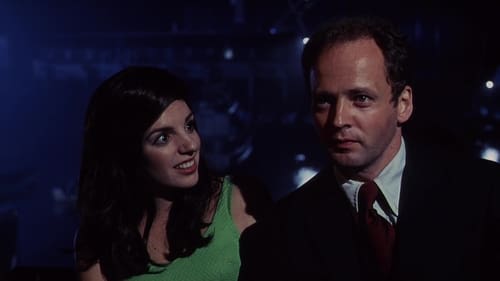
Himself
Junie Moon is in the hospital after her face has been disfigured by her deranged boyfriend. There she meets two other patients — Arthur, an epileptic, and Warren, who is gay and uses a wheelchair. The unlikely trio of outcasts decides to move in together and manages to enjoy a series of adventures as they endure various forms of prejudice and struggle with their own issues.
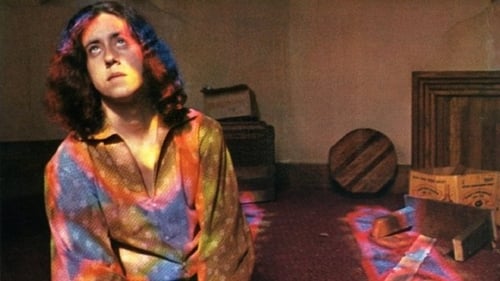
Himself
After getting kicked out of college, Arlo decides to visit his friend Alice for Thanksgiving dinner. After dinner is over, Arlo volunteers to take the trash to the dump, but finds it closed for the holiday, so he just dumps the trash in the bottom of a ravine. This act of littering gets him arrested, and sends him on a bizarre journey that ends with him in front of the draft board.
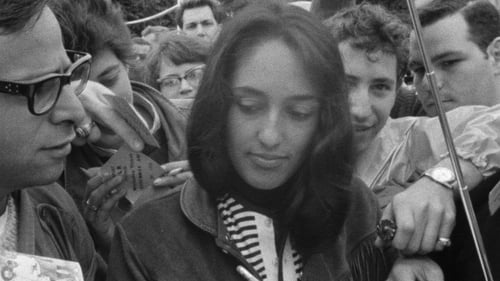
Self
Black and white footage of performances, interviews, and conversations at the Newport Folk Festival, from 1963 to 1966. The headliners are Peter, Paul and Mary, Joan Baez, Pete Seeger, and Bob Dylan, who's acoustic and electric. Son House and Mike Bloomfield talk about the blues; John Hurt, Howlin' Wolf, and Sonny Terry and Brownie McGhee show its range. The Osborne Brothers perform bluegrass. Donovan, Johnny Cash, Judy Collins, Mimi and Dick Farina, and others less well known also perform. Several talk musical philosophy, and there's a running commentary about the nature and appeal of folk music. The crowd looks clean cut.

Director
Pete and Toshi Seeger, their son Daniel, and folklorist Bruce Jackson visited a Texas prison in Huntsville in March of 1966 and produced this rare document of of work songs by inmates of the Ellis Unit. Worksongs helped African American prisoners survive the grueling work demanded of them. With mechanization and integration, worksongs like these died out shortly after this film was made.

Cinematography
This film documents work songs of a fishing community in Ghana

Director
This film documents work songs of a fishing community in Ghana

THE STREETS OF GREENWOOD (1962), looks at voter registration efforts by the Student Non-Violent Coordinating Committee (SNCC)and a concert in a cotton field in the Mississippi Delta. One of the first films made about the southern civil rights movement

Self
A look into those convicted by the House Un-American Activities Committee

Music
An experiment in pure design by film artists Norman McLaren and Evelyn Lambart. Lines, ruled directly on film, move with precision and grace against a background of changing colors, in response to music specially composed for the films.

Music
This short documentary offers a portrait of life on a cattle ranch, for both its human and animal inhabitants. Featuring sprightly music by folk singer Pete Seeger and narration by theatre actress Frances Hyland, the film is shot through the seasons on a large Canadian cattle ranch near Kamloops, British Columbia. With hundreds of cows and calves on the ranch, there’s no shortage of work to be done: soil cultivation and crop maintenance are taken care of by seasonal ranch hands while the resident cowboys—“anxious guardians”—brand and breed their bovine charges.

Musician
On the first hot day of summer, an old farmer goes fishing just as he has done for many years on the West Branch of the Delaware River. A young boy, his frequent fishing companion, eagerly takes him to see the first giant bulldozers, which are to begin construction on the Cannonsville Reservoir. In order to provide more water for the cities, the vast project will flood the valley. The old man goes to the general store and walks the length of the valley to talk about his concerns, but most people do not support him. The young people of the valley celebrate at a barn dance. The old man resists eviction with his unloaded flintlock. The next day, he watches as the houses and farms are burned to clear the way. His friend, the fiddler, picks him up and takes him and his few belongings away.
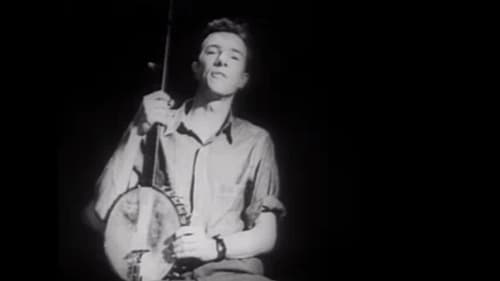
Himself
A short film about Pete Seeger and the birth of banjo music throughout the Southern United States.

Music
This film speaks to the need for solidarity between all maritime unions, vividly recounting the 1934 West Coast waterfront strike, which culminated in a police riot in which two workers were killed, and led to further strikes and greater solidarity. Includes a great score with union hymns performed by Pete Seeger and Joe Jaffe, and a filmed introduction by Joseph Curran, president of the NMU.

Self
At the risk of a 5-year prison term, Francesco Da Vinci struggles with his Virginia draft board to be recognized as a sincere conscientious objector to the Vietnam war.
